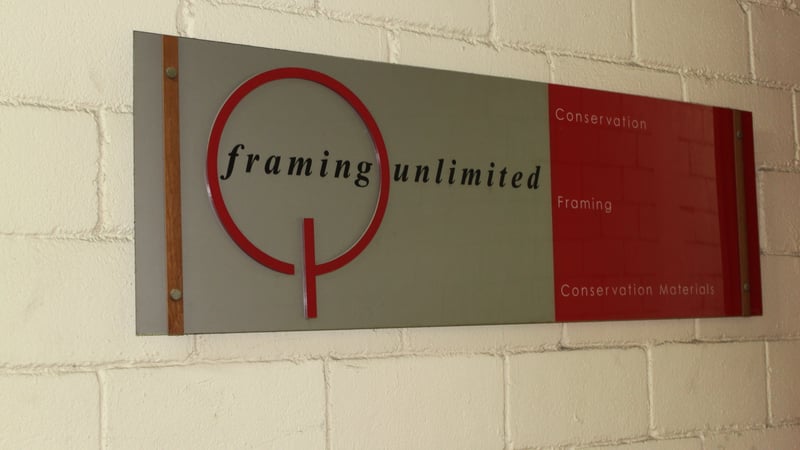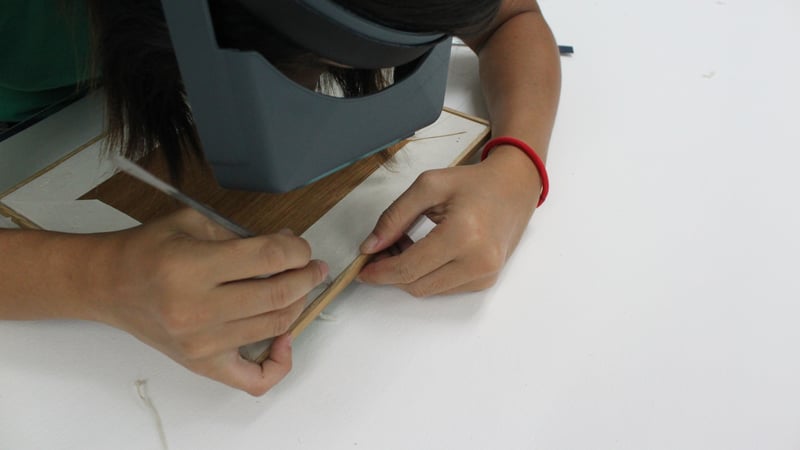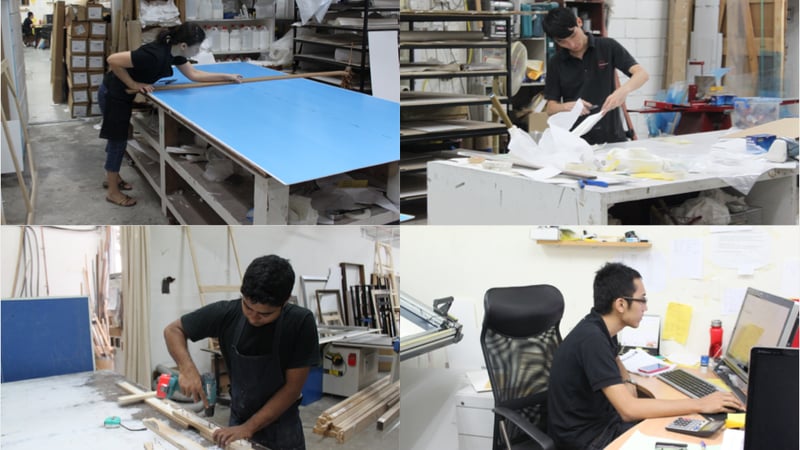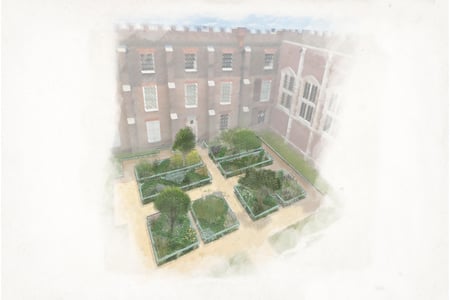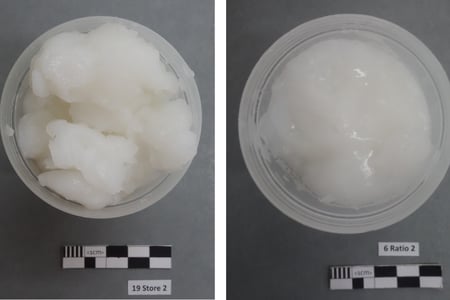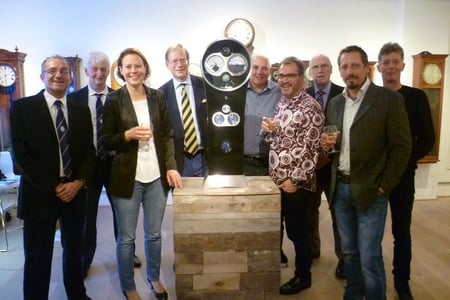While they grew as one of the leading framing companies in
Singapore, they found that there is a need for conservation. Many
of their clients' art pieces needed conservation treatment before
they were framed. Under this humid and hot climate in Singapore, it
is not easy to keep art pieces in a good condition. At the same
time, the idea of conservation is still new in this region, which
means that people may not be very aware of how to keep and/or
handle their objects. On the other hand, as the country grows, its
art market grows, too. It would be a fair guess that there will be
more people interested in collecting art, but these people might
not necessarily pay attention to the conservation issues of their
objects.
Being in such a situation, I think that it was a good timing for
the Q Framing Group to establish their own conservation studio and
to have in-house conservators. The time when they were looking for
a book and paper conservator and when I was looking for a
conservation job specifically in Singapore miraculously matched. I
still remember how happy and relieved I was when I got an email
from them saying that they were welcoming me.
So, I've got a dream job in a country in which I wanted to
stay!
However, as I expected, starting up a new conservation studio as
a fresh graduate is not easy (sometimes I feel like calling my West
Dean friends for advice). I take care of all the paper objects
coming to our company all by myself. At the very beginning, I
didn't have enough materials and tools. It is hard to get them in
Singapore-most of our materials and tools are imported from oversea
companies.
I work more on two-dimensional paper objects than books. My
training at West Dean was mainly in book conservation. Of course, I
learned about papers at the college, and while I was doing an
internship in the Netherlands, I worked on a lot of art works on
paper. However, to be honest, knowing that I don't have so much
experience on flat paper objects sometimes can be very daunting.
And, I don't have any conservation colleagues nearby to share this
feeling and discuss the conservation problems that I face.
Working in such an environment helps me to learn more
proactively and think through everything more in advance. Although
I don't have any colleague in the same discipline, my network with
conservators abroad has helped me a lot. I have even "met" new
people via emails and online communication-my previous supervisors
and classmates introduced me to more experienced conservators
around them for me to discuss the conservation problems. Also, the
environment trains me on how to explain my conservation treatments
and issues to others, including my bosses, colleagues and people
who are willing to advice me.
For the last month, however, I've had a colleague to keep me
company in the conservation lab-an intern!
